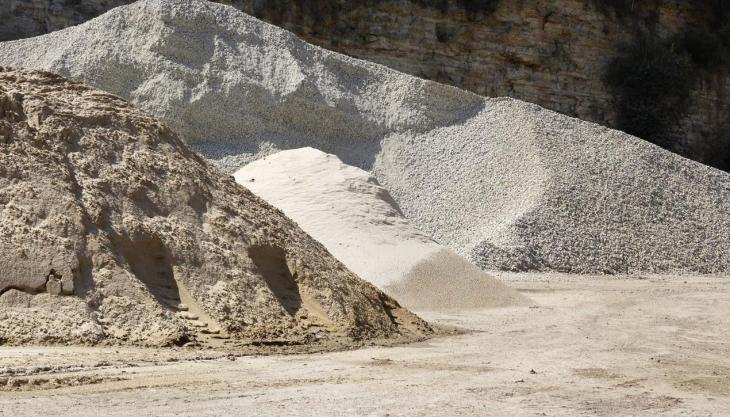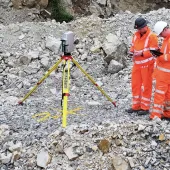MPA calls for joined-up strategy for all minerals

Association disappointed that availability and supply continue to be assumed by government
THE Mineral Products Association (MPA) has called for a more joined-up approach to all minerals following the publication of the Government’s Critical Minerals Strategy.
Whilst not decrying the need for focus on critical minerals where the UK does not have abundant supply, the MPA says it is disappointed the availability and supply of all minerals – some 400 million tonnes per year – continues to be assumed by the Government, and that the Critical Minerals Strategy has chosen to ignore the existing UK Minerals Strategy.
The UK Minerals Strategy was published in 2018 by the MPA and the CBI Minerals Group, with the industry stepping up to develop it because government had stepped back from a strategic view. It was recognized by BEIS at its launch but is not even referenced in the Critical Minerals Strategy.
The MPA says this is particularly disappointing given Association’s engagement with the Government during the preparation of the Critical Minerals Strategy and assurances that were given. The MPA wrote to the Minster to call for the strategy to be treated as the umbrella strategy for all minerals development and operations in the UK.
The mineral products sector is responsible for the largest materials flow in the UK economy and is also one of the largest manufacturing sectors – using indigenous resources and supporting local jobs.
The 1 million tonnes of essential mineral resources and products that flow through the economy each day underpin the delivery of the Government’s policy ambitions around housing and levelling up, together with green transport and energy infrastructure. This, says the MPA, must be planned for, monitored, and managed to ensure supply is maintained.
The Association adds that many of the issues covered in the Critical Minerals Strategy that address indigenous critical minerals production are equally relevant to the whole minerals industry. Planning is a major concern for both, and the skills investment needed for critical minerals overlaps substantially with that for essential minerals.
Mark Russell, executive director at Mineral Products Association, said: ‘Critical minerals are extremely important and need a strategy, but it is disappointing that the Government has chosen to ignore the work of the wider minerals sector, which produced a UK Minerals Strategy when government abandoned the field.
‘Some of the issues, such as planning, need to be addressed for all mineral resources, including those where the UK has abundant geological supplies, because of the limitations of an under-funded and over-stretched mineral planning system.
‘In extremis, the mineral products represented by the MPA could become critical because of a failing planning system, even though they are geologically abundant. It is disappointing, therefore, to see such disjointed thinking where all parts of the minerals system could benefit from a strategic approach.
‘Government once again has missed the opportunity to take a more holistic approach to the sustainable, long-term supply of all essential and critical minerals that underpin the national economy – instead choosing to focus on one small component.
‘Over 3 billion tonnes of mineral resources will be required to support the UK’s needs to 2030 – but the availability and supply of these essential materials must not be assumed. The national need has to be recognized and their availability and supply must be planned, monitored, and managed.’









